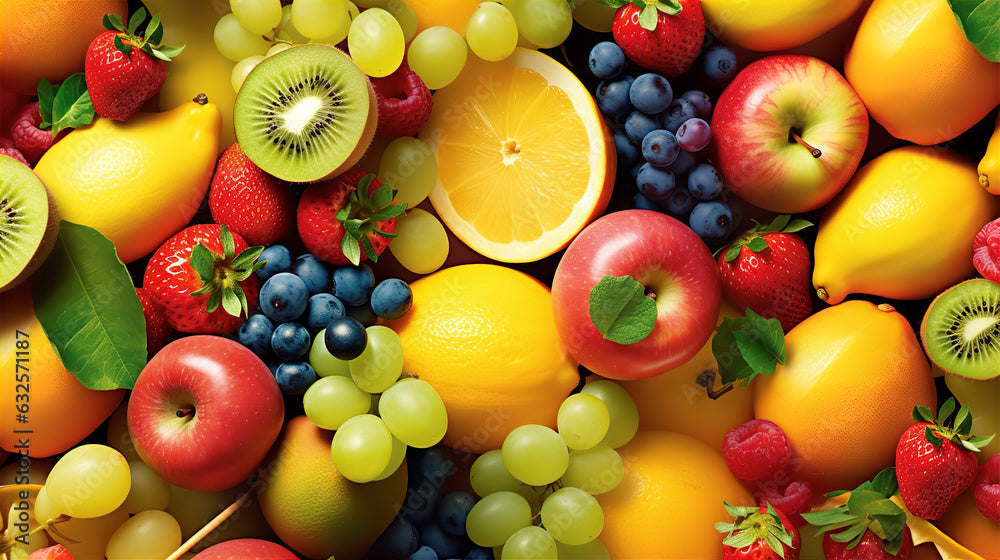
Organic Fruit: Benefits, Drawbacks, and the Integrity of Organic Farming
Share
Organic Fruit: Benefits, Drawbacks, and the Integrity of Organic Farming
Organic fruit has become a mainstay in many grocery stores around the world. With the rising concern for health, the environment, and sustainable farming practices, consumers are leaning more towards organic options. But what truly defines organic fruit, and is it worth the often higher price tag? Let's delve into the world of organic fruit farming, weigh its pros and cons, and assess the integrity of organic growing practices.
What is Organic Fruit?
Organic fruit is grown without the use of synthetic pesticides, synthetic fertilizers, genetically modified organisms (GMOs), or ionizing radiation. Instead, organic farmers rely on natural processes, biodiversity, and cycles adapted to local conditions.
Benefits of Organic Fruit:
- Healthier Consumption: Organic fruits, being devoid of synthetic pesticides and fertilizers, reduce the risk of ingesting chemicals. Studies have shown that organic fruits contain more antioxidants, which are beneficial for health.
- Environmentally Friendly: Organic farming practices promote soil health, reduce pollution, and consume less energy. It also promotes biodiversity, ensuring a balanced ecosystem.
- Taste: Many consumers believe that organic fruits taste better, possibly because of healthier soils and the absence of chemicals.
- Support for Small-scale Farmers: Many organic farms are smaller, family-run operations. Supporting them often means supporting local communities.
Drawbacks of Organic Fruit:
- Cost: Organic fruits usually cost more due to the labor-intensive methods of farming and the lower yields.
- Shelf Life: Without synthetic preservatives, organic fruits might have a shorter shelf life.
- Availability: Depending on the region, organic fruits might be less available than conventionally grown varieties.
Integrity of Organic Fruit Growing:
With the rising demand for organic products, questions regarding the integrity of organic fruit farming have emerged. Here are some points to consider:
- Certifications Can Vary: The criteria for what constitutes "organic" can differ between countries and certification bodies. It's essential to know the standards of your country or the certifying label.
- Risk of Cross-Contamination: In areas where organic and conventional farms coexist, there's a risk of cross-contamination, either through water, soil, or pollination.
- Mislabeling: With the premium price tag on organic products, there have been instances of conventionally grown produce being falsely labeled as organic.
- Imported Organic Fruits: Imported fruits might have been grown organically, but the carbon footprint associated with transporting them long distances could negate some environmental benefits of organic farming.
Making an Informed Choice:
- Research Certification Standards: Understand what organic labels in your country signify and the standards they adhere to.
- Buy Local: If possible, buy organic fruits from local farmers or farmers' markets. This reduces the carbon footprint associated with transportation.
- Engage with Farmers: Talk to farmers or vendors and understand their practices. This can provide a clearer picture of the integrity of the produce you're purchasing.
In conclusion, while organic fruits offer several advantages from a health and environmental perspective, it's crucial for consumers to be informed. Understanding the standards, being aware of the challenges, and making conscious choices can help in reaping the full benefits of organic produce.